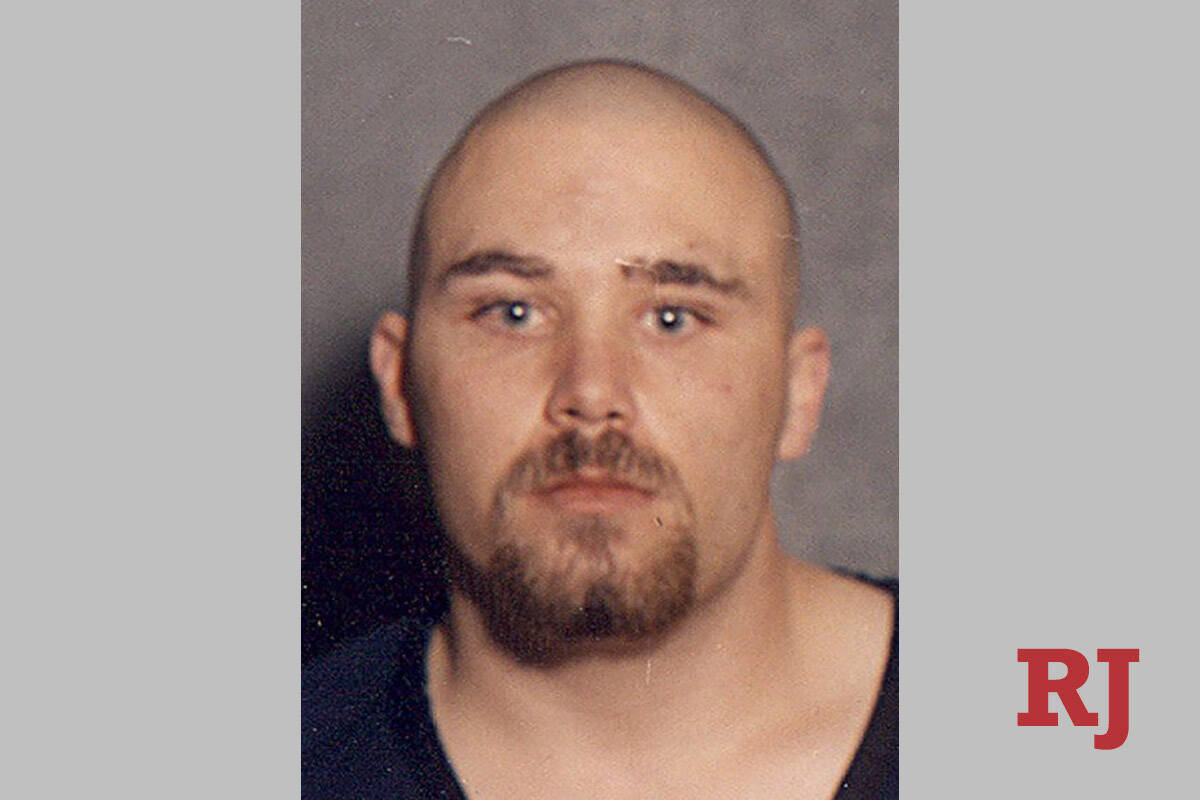Judge hears more testimony about execution plan for Zane Floyd
Lawyers for the Nevada Department of Corrections presented testimony from a pharmaceutical expert on Tuesday, kicking off the second phase of an evidentiary hearing on the state’s proposed plan to execute death row inmate Zane Floyd.
The hearing this week follows three days of testimony last month from experts called by Assistant Federal Public Defenders David Anthony and Brad Levenson.
Floyd, now 46, was sentenced to die for fatally shooting four people and gravely wounding another in a Las Vegas grocery store more than two decades ago. He also was convicted of repeatedly raping a woman before the shooting.
In late June, U.S. District Judge Richard Boulware issued a stay of Floyd’s execution and prevented prosecutors from moving forward until mid-October.
Prosecutors had planned to have Floyd put to death at the end of July, but the current plan is for officials to execute him by February, Chief Deputy Attorney General Randall Gilmer has said.
Defense experts who testified in November said the drug cocktail Nevada wants to use to kill Floyd, which has never been used in an execution, could cause extreme suffering while Floyd is paralyzed and suffocating.
The drugs include ketamine, an anesthetic similar to PCP, and the painkiller fentanyl or the similar drug alfentanil. According to court documents, the proposed protocol from the Department of Corrections indicates that the state also may use cisatracurium, which is a paralytic drug. Experts last month questioned if the combination of drugs will work together to reliably render Floyd unconscious.
But on Tuesday, Daniel Buffington, a professor at University of South Florida’s College of Pharmacy, testified that ketamine and fentanyl are more likely to produce unconsciousness as the dosages increase.
“My understanding is it would be less painful than other methods,” Buffington said about the lethal injection protocol.
Floyd has indicated he would prefer to be executed by a firing squad.
Last month, Dr. Joel Zivot, an anesthesiologist from Emery University who’s done research on lethal injections, said autopsies of prisoners executed in other states showed signs of pulmonary edemas that indicated their lungs filled with fluid as the drugs were administered.
Zivot said the pulmonary edemas could be explained by the acidic solution that is administered with the ketamine, which is harmless in small doses but could have negative effects in substantial quantities.
“You’re basically injecting a large amount of acid into the bloodstream,” Zivot said.
But Buffington on Tuesday said the pulmonary edemas could be better explained by the drug’s high dosage, rather than the acidic solution, referred to as a pH range. He said high dosages could slow someone’s breathing, which could lead to the condition, but it was “preposterous” to state that the pH range would cause the lungs to fill with fluid.
Defense attorneys are expected to cross-examine Buffington on Wednesday, and the hearing is expected to last through Friday.
In August, Floyd’s lawyers filed a clemency petition in Clark County District Court requesting to commute his death sentence.
The petition stated that Floyd suffered from brain damage caused by fetal alcohol spectrum disorder and post-traumatic stress disorder from his time in the military and that he endured violent abuse as a child.
Floyd’s lawyers also filed a civil case in District Court claiming the execution protocol was unconstitutional, based on Department of Corrections Director Charles Daniels’ ability to set a method of execution without requiring input from a doctor. District Judge Adriana Escobar rejected the argument last week and dismissed the case.
The Nevada Supreme Court also is set to rule on appeals of Floyd’s conviction, which would have to be resolved before the execution could be carried out.
Contact Katelyn Newberg at knewberg@reviewjournal.com or 702-383-0240. Follow @k_newberg on Twitter.


















